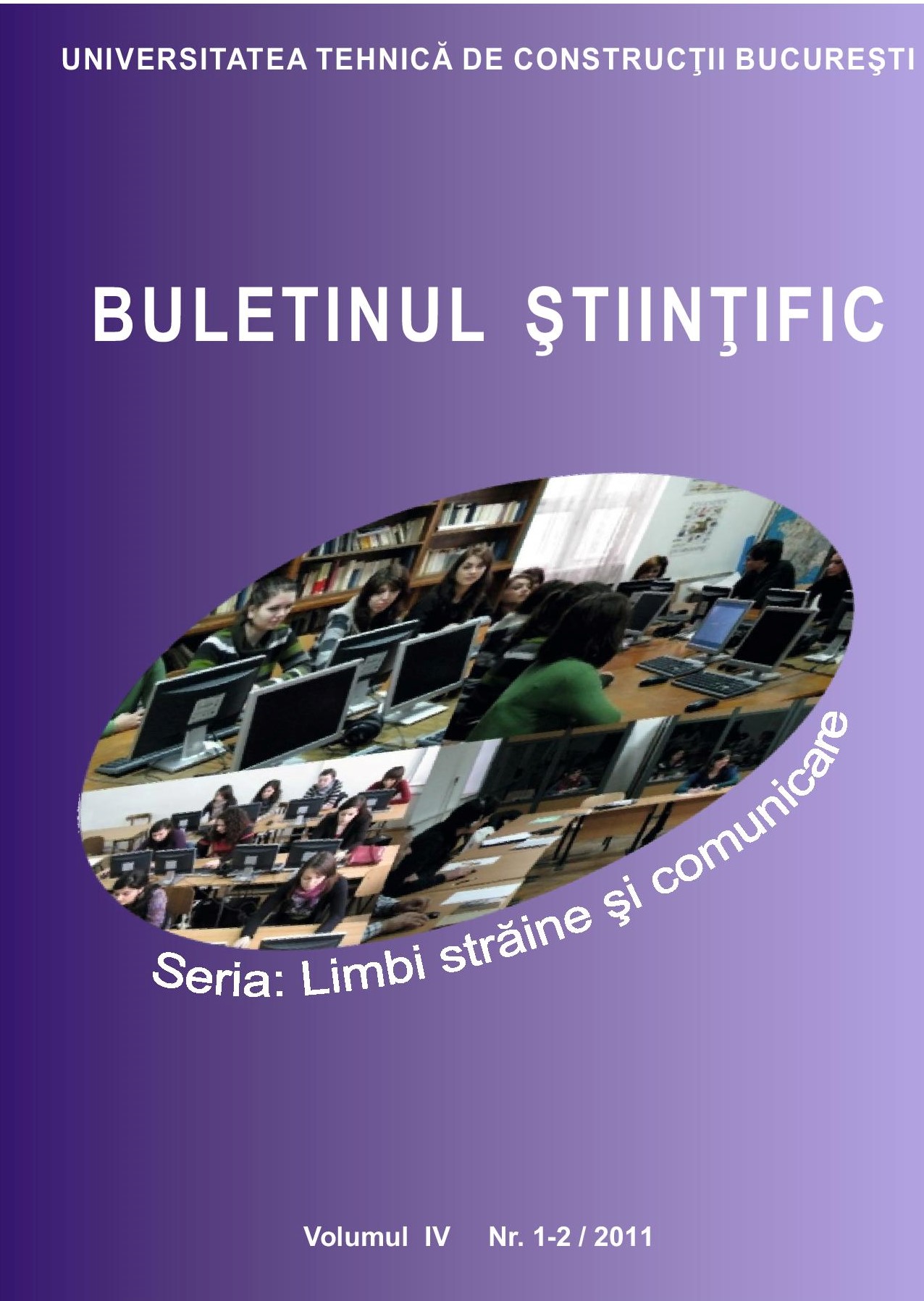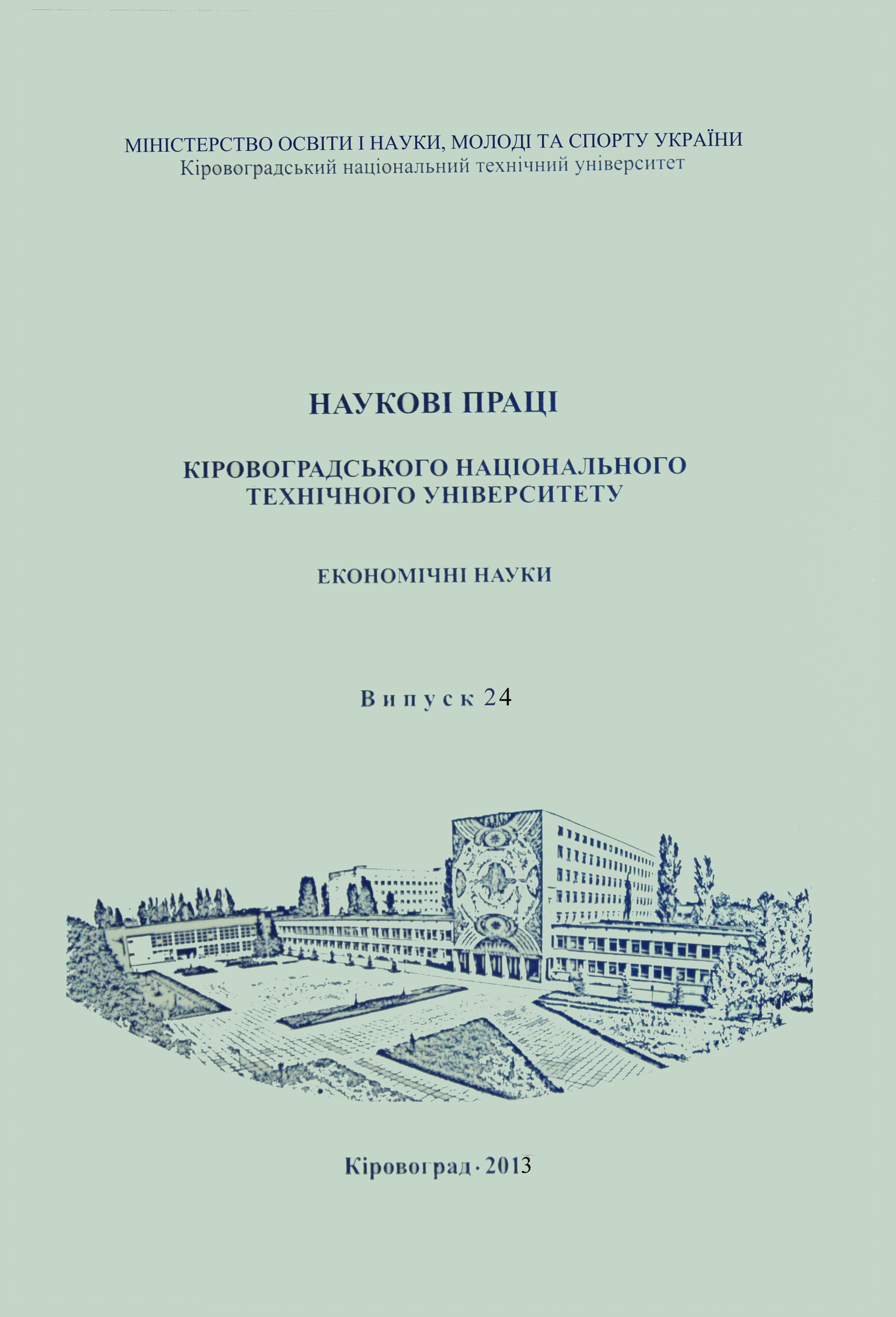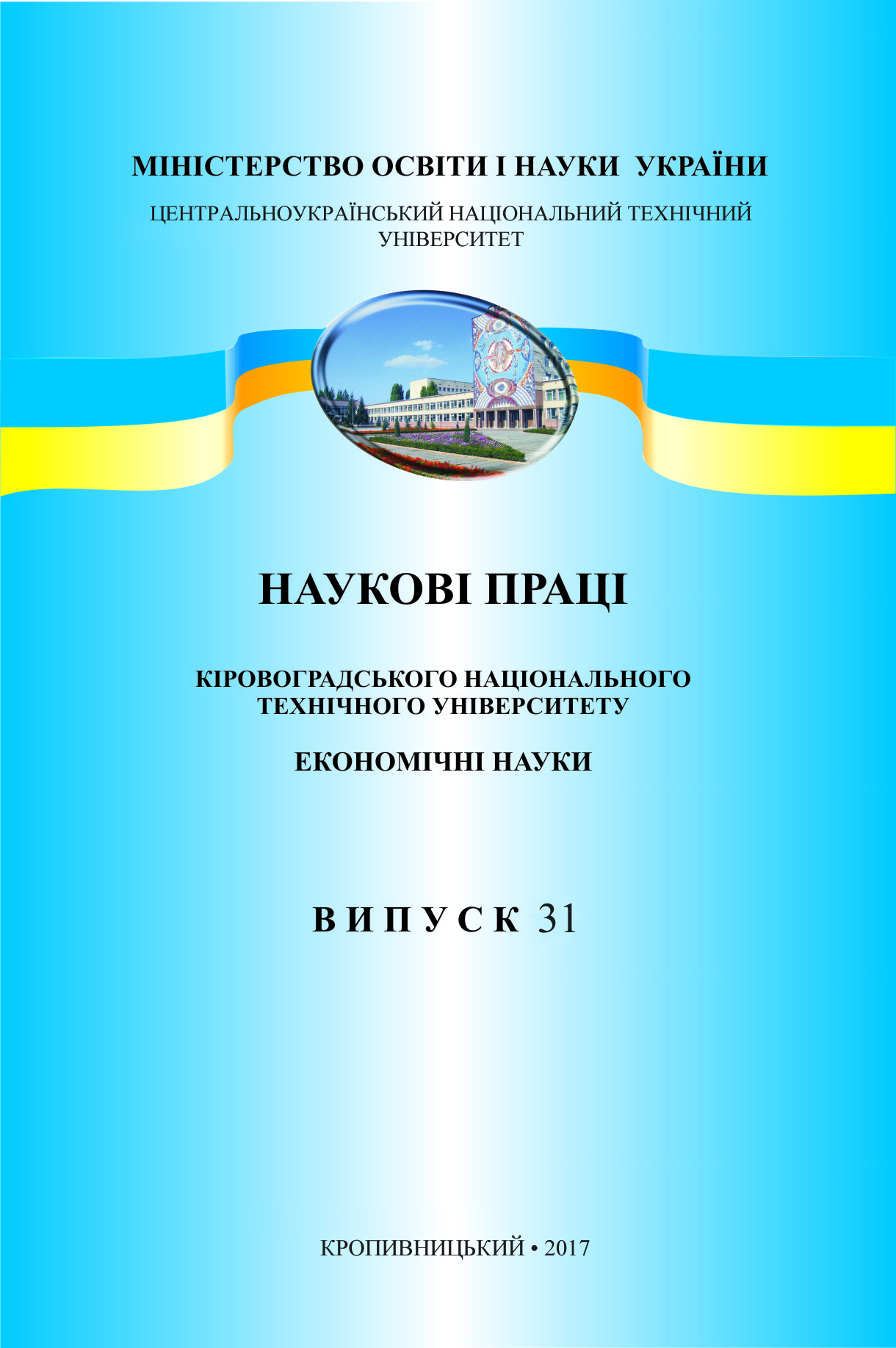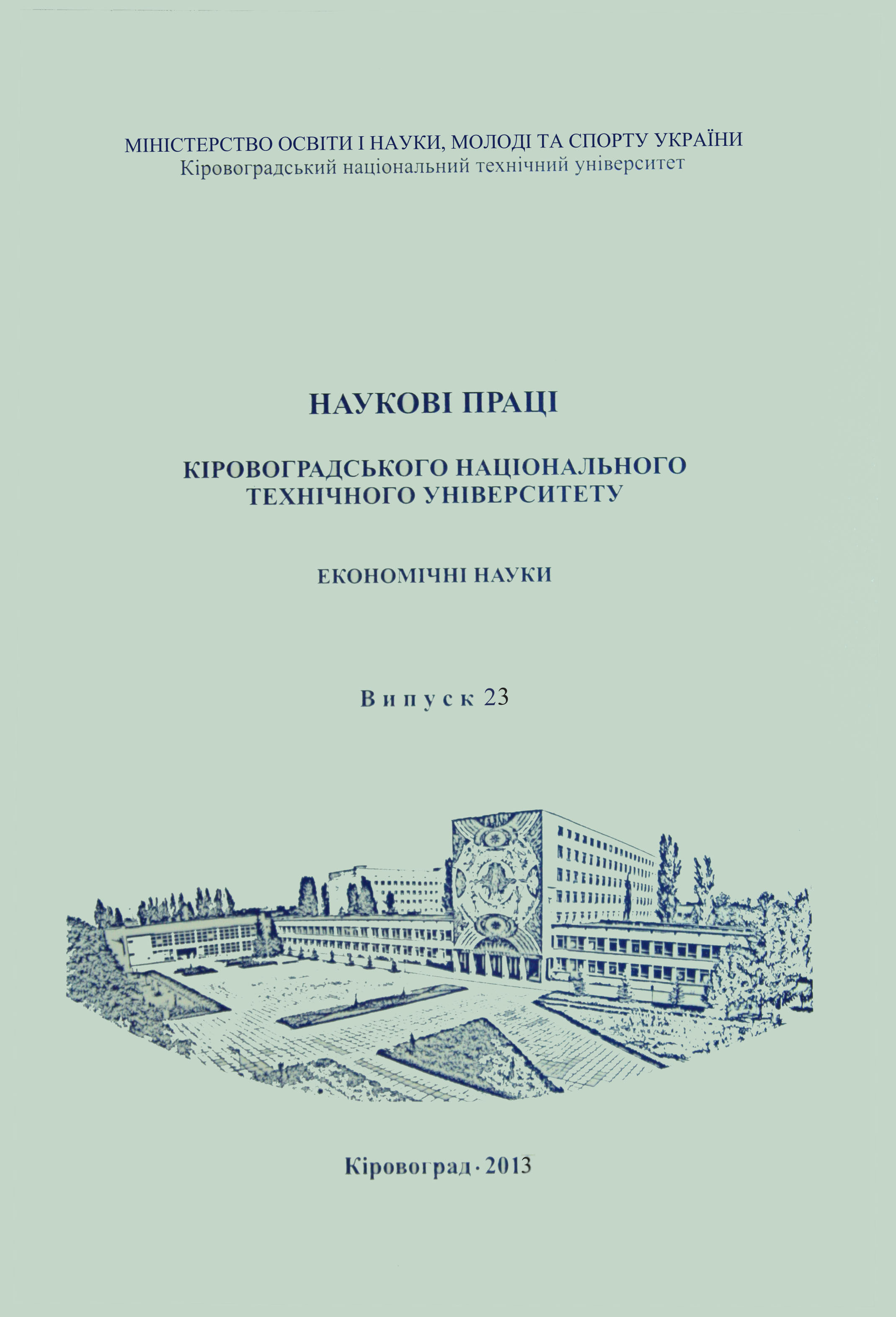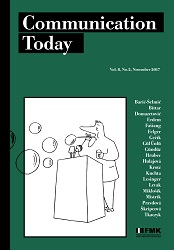Author(s): V. Spivak / Language(s): Ukrainian
Issue: 24/2013
Statement of the problem . The proposed research article focuses on the concept of personnel management and monitoring of the main stages of its implementation, the definition of the basic criteria and basic parameters for evaluating the effectiveness of the monitoring system .Review of scientific sources. Many scientists researching the monitoring of enterprises in the works , including: AA Antonjuk , T.V.Bohuslavska , T.A.Burova , I.Ye.Davydovych , S.M.Petrenko , MS Pushkar , V. Polyakov, N.A.Shedyna VG Shcherbakov , JP Yakovlev. Although researchers are unanimous in understanding the nature of monitoring as surveillance and parameters given item, there are significant differences regarding the understanding of space monitoring in the management of the company. In particular , monitoring is seen as part of diagnosis, economic analysis, information system , control functions, system management decisions . In addition, there is controversy over monitoring tool , the time range of his character, the criteria for making .Results. Efficient operations of the company , in turn, depends on the level of adaptation to the environment , agility and flexibility of its structure and ability to innovate . One of these innovations today are systems that perform various control and monitoring functions that allow evaluation of personnel.The results showed that monitoring - a type of administrative activity that provides surveillance , parameters and characteristics of a particular object in order to create an information base for his behavior and make informed management decisions. The use of monitoring personnel in modern enterprises contributes to the development of innovative processes that affect the entire social infrastructure: the changing management styles , organizational models of collaboration, the requirements for the nature and culture of labor, material and moral aspects of motivation, corporate social climate. . To obtain more complete information and its effective use of monitoring facilities for specifying the areas of business, namely the scope of logistics , production , finance , marketing , product scope.Conclusions. Thus , monitoring forms prerequisites for quality management processes at all levels , and promotes information providing system support management decisions. Despite the need for objective monitoring of personnel management, are still unresolved problems from the standpoint of its place of business management process , methodological and methodical maintenance monitoring .
More...
